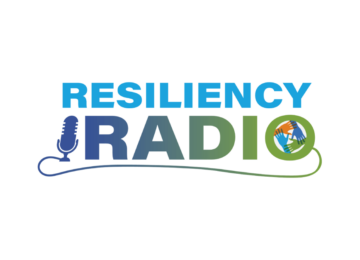Finding Hope in the Youth Mental Health Crisis

Experiencing mental health challenges is part of being human.
This is an unavoidable fact, according to Dr. Matthew Biel, the Chief of the Division of Child and Adolescent Psychiatry at MedStar Georgetown University Hospital and Professor of Clinical Psychiatry and Pediatrics at Georgetown University School of Medicine. Data shows that sadness and loneliness are experienced by everyone, across demographic groups, he said, but there is hope.
Treatments, therapies, and being present for youth continues to be effective in building resilience, he said. And it’s time to spread the news.
“We need to get out of our offices and into partnerships,” Dr. Biel said, encouraging the audience of clinicians to build relationships between private practice, schools, and parents. “Let’s share what we know.”
Dr. Biel gave the keynote address at JSSA’s annual Mental Health Symposium this month. The symposium – Building and Sustaining Connections – was intensely focused on youth mental health challenges and treatment models of care. At the heart of all of them was the need to build meaningful connections with peers and having a trusted confidant to talk to.
JSSA’s symposium included workshops and a panel of young adults sharing their unique experiences managing their mental health. Attending providers, including social workers, therapists, counselors, and care managers, had the opportunity to earn continuing education (CE) credits for their participation.
“At JSSA, we are committed to providing opportunities for continued professional growth, not just for our staff, but for other providers in the community,” said Kiran Dixit, Director of Learning and Inclusion at JSSA. “We were excited to welcome so many to an inspirational day of learning about the ongoing mental health crisis in our communities.”
In his keynote, Dr. Biel explored the many contributing factors to youth mental health challenges, including genetics, family and adult relationships, and social determinants of health. He stressed the importance of community and relationship building for teens, as well as ensuring youth feel they have a purpose in their lives.
The most effective treatments, he said, look beyond diagnoses and focus on addressing the ecology of the youth mental health crisis today. This includes finding ways for teens to build connections and engage in their communities – outside of social media – and reducing barriers to mental health treatment.
“Young people feel lousy and sometimes they know why and sometimes they don’t,” Dr. Biel said. “Mental health is deeply relational.”



